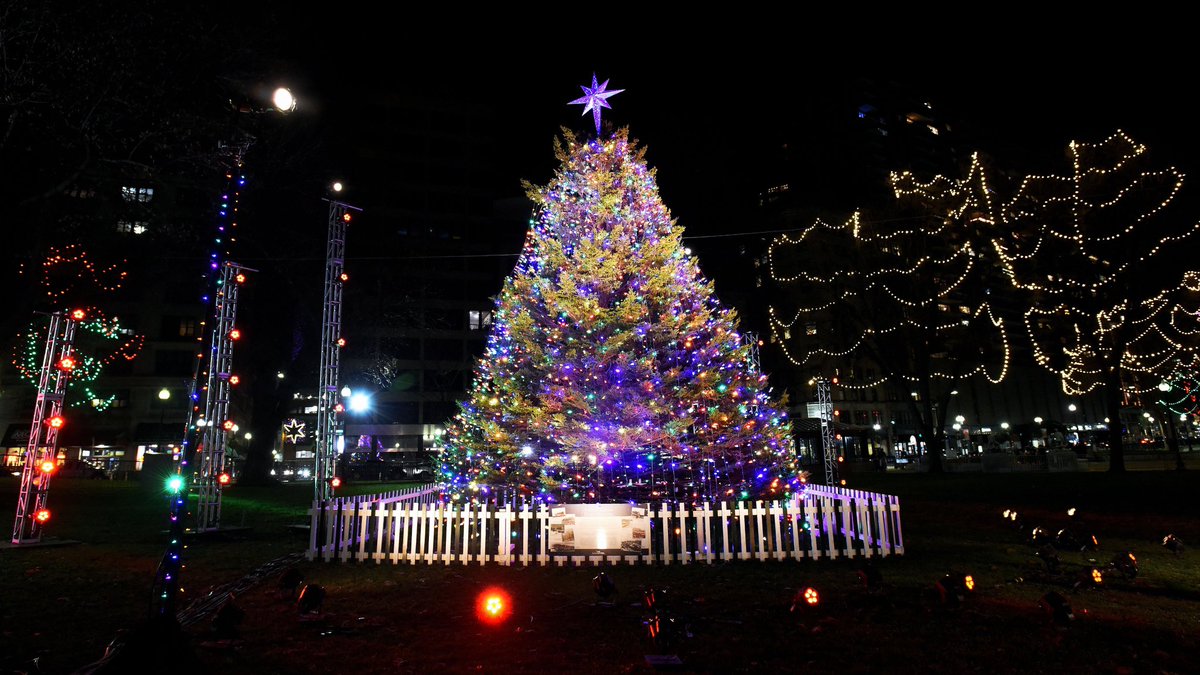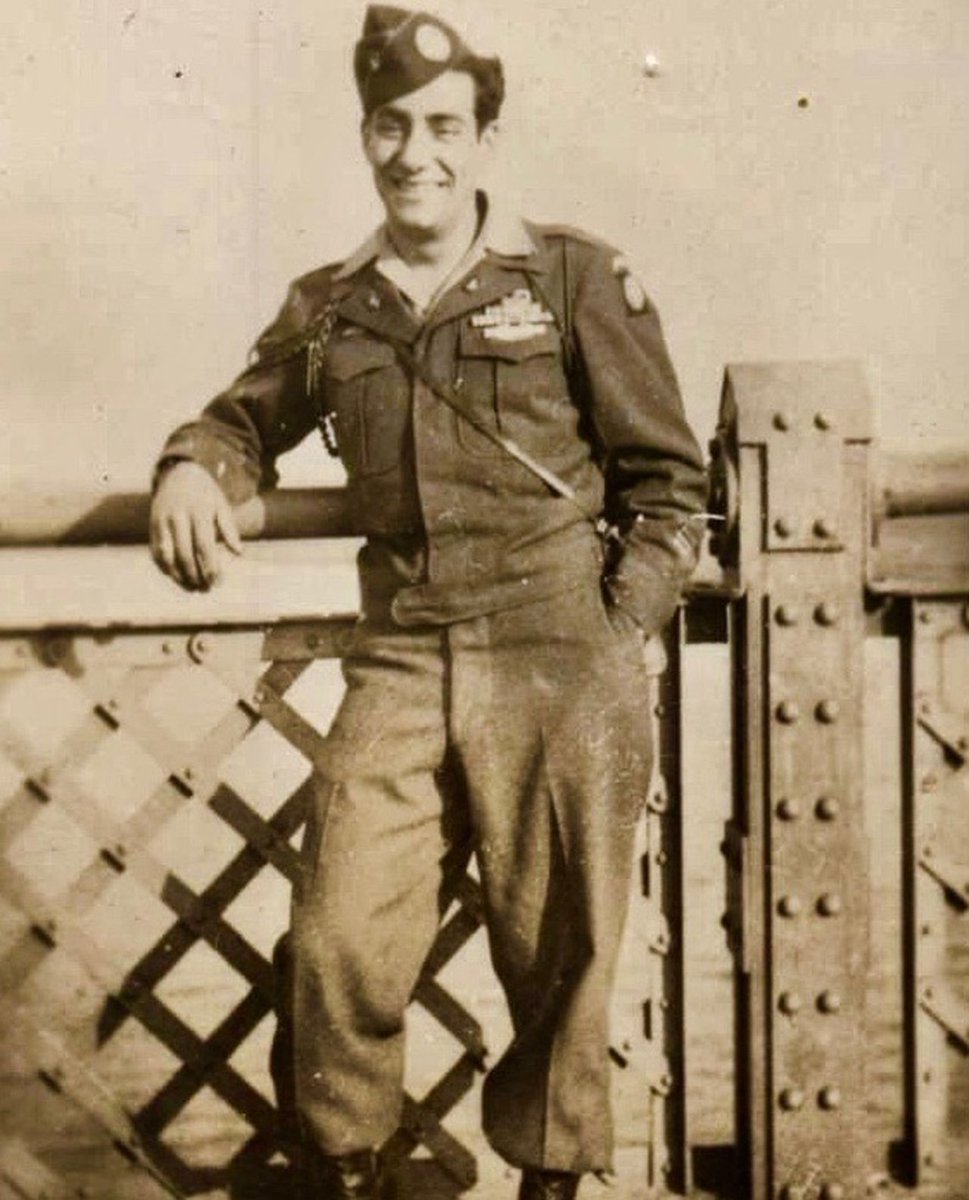It's December, 1917.
Canada has been at war for more than three years.
But children in Halifax are excited because it's almost Christmas.
Canada has been at war for more than three years.
But children in Halifax are excited because it's almost Christmas.
On December 6, two ships collide in Halifax Harbour.
Sparks. Fire. Black smoke.
People watch from windows.
Children walking to school run to the shoreline.
One ship is carrying relief supplies for war-torn Belgium.
The other is laden with 2.9 kilotons of explosives.
Sparks. Fire. Black smoke.
People watch from windows.
Children walking to school run to the shoreline.
One ship is carrying relief supplies for war-torn Belgium.
The other is laden with 2.9 kilotons of explosives.
He could have run.
He could have saved himself.
But he stayed to warn incoming trains.
The passengers survived.
Vince Coleman did not.
He could have saved himself.
But he stayed to warn incoming trains.
The passengers survived.
Vince Coleman did not.
The explosion and subsequent tsunami levelled everything within 1.5 square miles.
The blast shattered windows 60 miles away.
Fishermen off the coast of Massachusetts said they heard the boom.
The ship’s anchor landed 2.3 miles away.
The blast shattered windows 60 miles away.
Fishermen off the coast of Massachusetts said they heard the boom.
The ship’s anchor landed 2.3 miles away.

1,600 people died instantly. Another 400 within days.
Children never made it to school, never returned home.
Shrapnel wounded thousands, blinding those who stood in windows watching the blaze.
When a blizzard hit the next day, 25,000 were without shelter.
Children never made it to school, never returned home.
Shrapnel wounded thousands, blinding those who stood in windows watching the blaze.
When a blizzard hit the next day, 25,000 were without shelter.

Canadian military members rushed to the scene. British sailors are amongst the first rescue teams sent ashore.
USS Tacoma was 52 miles away when the crew felt the blast. Captain Powers Symington altered course to head towards the explosion.
They went towards the explosion.
USS Tacoma was 52 miles away when the crew felt the blast. Captain Powers Symington altered course to head towards the explosion.
They went towards the explosion.

Doctors and nurses pour in from neighboring provinces.
Doctors and nurses rushing toward danger.
Familiar then. Familiar now.
Still, Halifax needed more help.
Doctors and nurses rushing toward danger.
Familiar then. Familiar now.
Still, Halifax needed more help.

When word reached Boston, details were scant.
Governor Samuel McCall offered assistance immediately via telegraph, but dispatched a train before receiving a response.
When an official in Halifax first read this letter from the Governor, he broke down in tears.

Governor Samuel McCall offered assistance immediately via telegraph, but dispatched a train before receiving a response.
When an official in Halifax first read this letter from the Governor, he broke down in tears.


A relief committee in Boston raised the equivalent of $1.9 million within an hour.
The people of Massachusetts sent the equivalent of $15 million in total to support relief efforts.
Immediate and unconditional support.
The people of Massachusetts sent the equivalent of $15 million in total to support relief efforts.
Immediate and unconditional support.

Less than 12 hours after the explosion, a train left Boston with doctors, nurses, and supplies.
The train was the first of many shipments of medical personnel and supplies that arrived from New England.
Neighbors concerned for their neighbours.
The train was the first of many shipments of medical personnel and supplies that arrived from New England.
Neighbors concerned for their neighbours.

On the train to Halifax, Abraham Ratshesky heard rumors about the situation, but still was shocked upon arrival.
“An awful sight presented itself. Buildings shattered on all sides; chaos apparent; no order existed.”
“An awful sight presented itself. Buildings shattered on all sides; chaos apparent; no order existed.”

In the aftermath, Elizabeth Fraser found her Aunt Sophie.
“I saw my aunt, who was expecting a baby, dragging her little six-year-old boy by the hand. Her eyes were both blown out of her head and she was telling him to hurry; he was dead but she did not know."
“I saw my aunt, who was expecting a baby, dragging her little six-year-old boy by the hand. Her eyes were both blown out of her head and she was telling him to hurry; he was dead but she did not know."
Joseph Ernest Barss was recovering in Halifax after being wounded in the war. He said the city looked worse than Ypres.
After three sleepless days of caring for victims, he was received by medics from Boston.
“It brought tears to all our eyes. They can have anything I’ve got."
After three sleepless days of caring for victims, he was received by medics from Boston.
“It brought tears to all our eyes. They can have anything I’ve got."

"We have come here to help you; anything that we have is yours; anything that we can do will be done.”
The Americans helped organize the relief efforts.
They built temporary housing.
They ordered more supplies.
They treated patients.
“…anything that we have is yours..."
The Americans helped organize the relief efforts.
They built temporary housing.
They ordered more supplies.
They treated patients.
“…anything that we have is yours..."

In less than 24 hours, members of the Maine National Guard transformed a badly damaged building into a hospital with 200 beds.
They treated patients through the night.
They delivered a baby, Gilbert Elliott Boyd, named after Maine's Surgeon General, Major Gilbert Elliott.
They treated patients through the night.
They delivered a baby, Gilbert Elliott Boyd, named after Maine's Surgeon General, Major Gilbert Elliott.

482 children under 14 were killed.
242 were under five.
30 percent of the casualties were children.
Many survivors lost their sight, their siblings, and their parents.
The trauma, visions of those horrific scenes, lingered throughout their lives.
242 were under five.
30 percent of the casualties were children.
Many survivors lost their sight, their siblings, and their parents.
The trauma, visions of those horrific scenes, lingered throughout their lives.

Americans stayed behind for months, years in some cases.
The Nova Scotians never forgot the unconditional support.
We never forgot. How could we ever forget?
The Nova Scotians never forgot the unconditional support.
We never forgot. How could we ever forget?

This tree in Boston Common is from Nova Scotia.
The Nova Scotians send one every year.
To say we remember.
To say we'll never forget.
To say thank you, neighbors.
The Nova Scotians send one every year.
To say we remember.
To say we'll never forget.
To say thank you, neighbors.

• • •
Missing some Tweet in this thread? You can try to
force a refresh




















